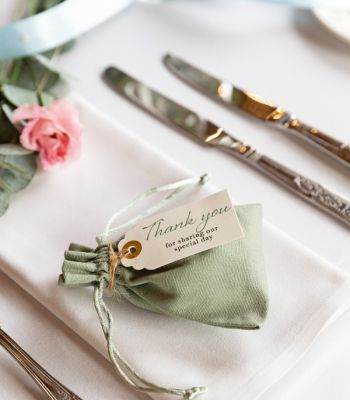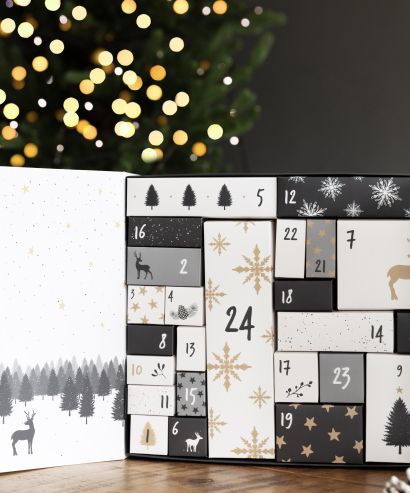In 2007, Rachel Watkyn, searched for recycled packaging for her range of ethical and fair trade jewellery and accessories. Rachel thought this would be easy. She was wrong. What she did find, after months of research, was that there was an extremely high demand for recycled and ethical packaging but no one to meet that demand. Nearly twelve years later, Tiny Box Company has over 700 products in stock and has over 40,000 customers, ranging from one-person jewellery designers to international corporations.
Rachel is always aiming to help and support those going through the same difficulties and struggles she, herself had. So below Rachel talks about all the questions she herself asked and has been asked ever since.











